There aren’t many histories or biographies written by Australians that sociologists and anthropologists will turn to in the future in order to discover how we became who we are as a people.
Journalist Tony Thomas, whose work has been appearing most lately in The Spectator Australia and Quadrant, and who has been producing lively and provocative pieces for more than fifty years, first in the West Australian and then the Age, probably didn’t intend for his pieces for daily newspapers to last longer than the immediate edition when he bashed them out on a typewriter in Newspaper House, St George’s Terrace, Perth.
He has however now produced an edited compilation of pieces with up-to-date observations on the language and customs he documented so beautifully in the sixties that not only deserve to be read but will be thoroughly enjoyed by everyone who savours a sense of Australia.
Thomas’s pieces are so superior to much of what passes for journalism today that his book should be required reading by all those attending at all the jumped-up TAFEs masquerading as universities (thanks to Labor’s Joe Dawkins) which offer hopelessly inadequate courses in media studies.
As a journalist, he is more akin to the balladeers weaving their experiences into their songs as they went from shearing shed to shearing shed and, without fear of accusations of cultural appropriation, those Aboriginal songmen who incorporated major events into their corroborees.
His perspective is unique. His mother was a well-known communist in Perth, she travelled to Moscow, and as he honestly points out she was no snowflake, being subjected as a young woman when she worked at the West Australian to a lecherous assault by a captain of industry who was a friend of the managing editor.
His father was a journalist and with no hesitation young Tony followed him into the profession in 1957.
Whilst the book obviously carries the whiff of the Fremantle Doctor blowing in from the Indian Ocean, the stories and characters reflect Australia as it was and have an enduring relevance.
There are current West Australian writers, Rob Drewe and Tim Winton, and notable predecessors, Randolph Stow and Kenneth Mackenzie (who wrote under the name of Seaforth Mackenzie) in whose works can be heard echoes of the surf breaking on Rottnest Island’s outer reefs or the hint of boronia perfume from the karri forests of the south but Thomas’s portraits are struck with greater impact.
The language of the men and women he has interviewed is the language used from Fremantle to Brisbane before television had started to kill conversation.
He talks to the men and women who actually built things that were expected to endure, from the gardener who wrought the magnificent surrounds of the University of Western Australia to the scaffolders erecting the first of the early high rise buildings which would transform Perth from a large country town into yet another fairly featureless modern city.
When Thomas was writing for ‘The West’ (I followed him a decade later under the same editor and the same chief of staff) he daringly presented a piece on homosexual society in the city. It was rejected as unfit for the readership. Homosexuality was to remain illegal until the Whitlam government gave the sin that dare not speak its name a licence to use a megaphone.
He had it published by the little read university newspaper where he was pursuing a degree part-time. No one mentioned it at the real newspaper, presumably no-one read the student press.
When Bondi Beach’s arbiter of modesty Aub Laidlaw was measuring the width of bikini bottoms and ordering scantily-clad girls from the sand, Her Majesty’s Customs inspectors were cracking down on Perth’s purveyors of liqueur chocolates to ensure that children weren’t risking alcoholism through guzzling too many treats.
The iron ore boom had yet to ignite. Collections were being taken to help the last of the Chinese market gardeners home to Hong Kong to die, their horses no longer clopped through the suburbs, the kids no longer sucked on the lengths of sugar cane the venerable old Cantonese peeled and handed out.
We were perhaps a more matter-of-fact people. One of Thomas’s stories is of a spear fisherman who watched a great white shark bite his mate in half and swim away with the dead diver’s legs hanging out of its capacious jaws. No-one was suggesting then that we should share the ocean with the killer but neither was it caught.
I don’t think my appreciation for Tony Thomas’s work is overly coloured by the fact that we once worked on the same newspaper.
After all, it is a half century since we sat in the same newsroom where I admired his shorthand skills and writing ability and awaited assignments from the chief of staff Viv Goldsmith and later plucked up the courage to tell the editor, Griff Richards, and managing director Jim Macartney, that I was going to try my hand on the other side of the Nullarbor.
No, Thomas deserves reading – and it will be a pleasure – because Thomas is not only a fine writer but he is not an ordinary writer.
His background and the manner in which he looks at his early work and the times he captured with his current thinking juxtaposed make this a really valuable contribution to Australian writing.
The publishing lists are replete with Australian histories and, increasingly, autobiographies of aged journalists who imagine their fans, if they ever had any, still crave their laboured bon mots.
Thomas has produced a truly enjoyable book which both historians and readers shouldn’t be without.
Got something to add? Join the discussion and comment below.
Get 10 issues for just $10
Subscribe to The Spectator Australia today for the next 10 magazine issues, plus full online access, for just $10.
You might disagree with half of it, but you’ll enjoy reading all of it. Try your first month for free, then just $2 a week for the remainder of your first year.

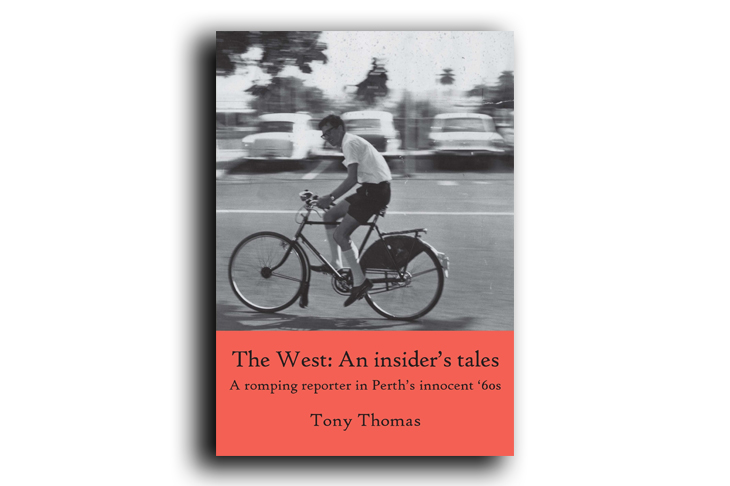
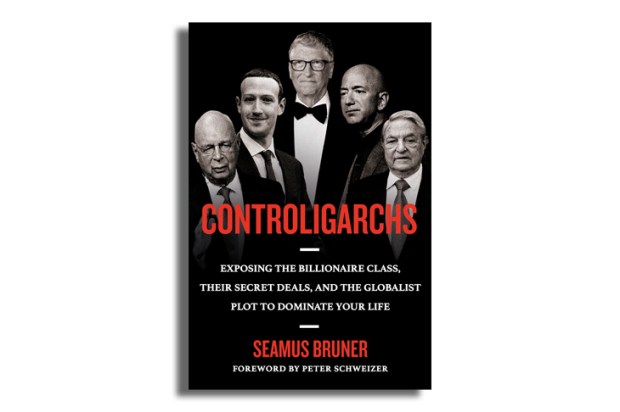
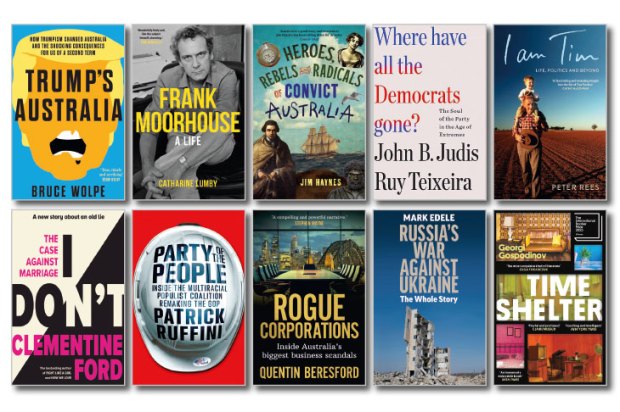
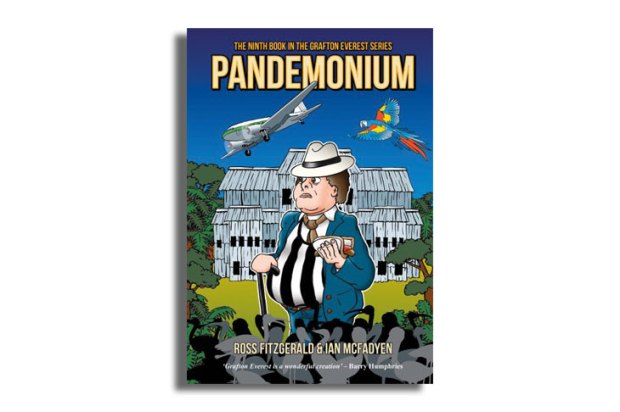
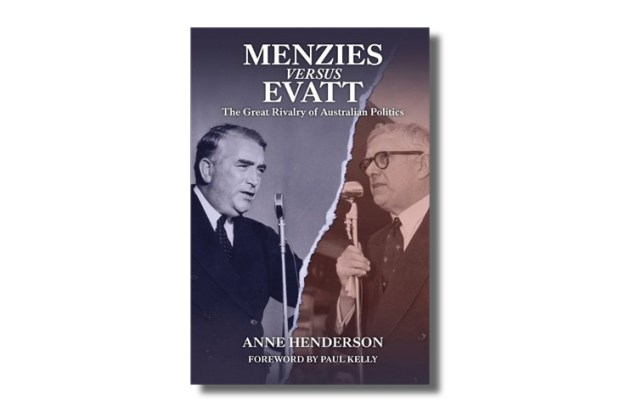
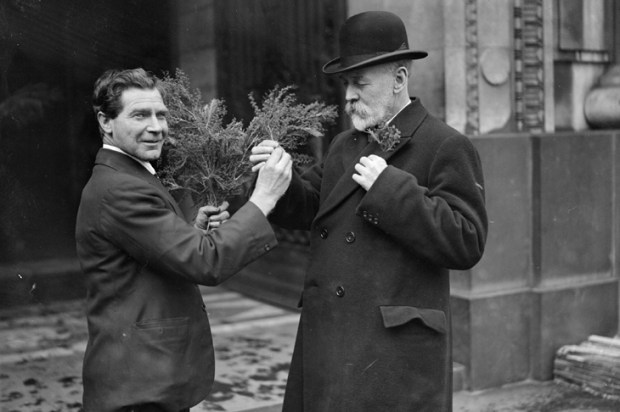
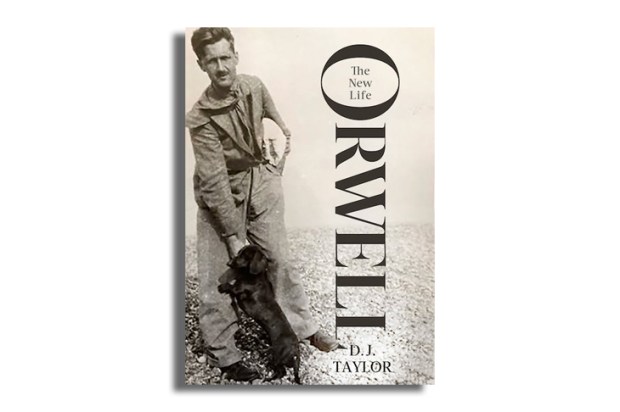






Comments
Don't miss out
Join the conversation with other Spectator Australia readers. Subscribe to leave a comment.
SUBSCRIBEAlready a subscriber? Log in